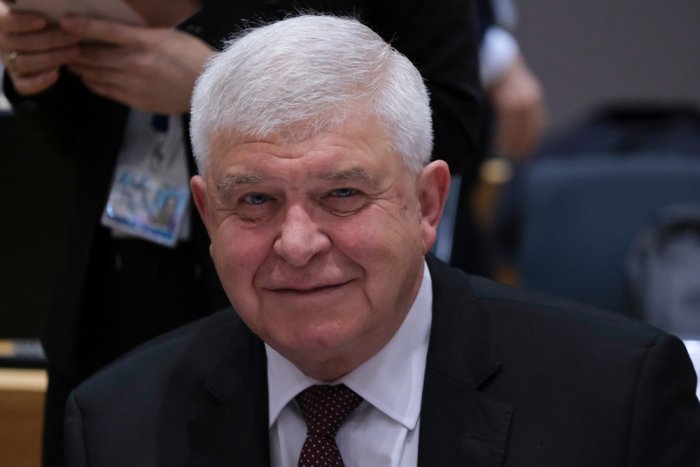“We expect our country to join the eurozone in 2024. The main tasks of the Bulgarian Government on the way to achieving this goal are related to the fulfilment of the subsequent commitments under the Roadmap after the accession of the Bulgarian Lev to ERM II, as of July 10, 2020.
This said Minister of Finance Kiril Ananiev in an interview at the annual Euromoney Forum for Central and Eastern Europe, which for the first time in its 26-year history takes place virtually in the period 12-14 January 2021.
Focus of the event are the financial and economic challenges faced by countries in the region, with representatives of the European Commission, the European Bank for Reconstruction and Development, the European Investment Bank, investment firms, banks, ministers of the finances of Poland and the Republic of North Macedonia.
The Bulgarian Finance Minister added that for our successful membership in the euro area we need good preparation of all business entities and the public for a seamless and quick transition from payments in BGN to payments in euro.
Minister Ananiev announced that a National Plan for the introduction of the euro in Bulgaria is under preparation, which will detail the activities to be undertaken by the Bulgarian authorities and businesses for the successful introduction of the single European currency in the country.
In his words, the fulfillment of nominal convergence criteria (the so-called Maastricht criteria) and taking measures to address the discrepancies found in the ECB and EC 2020 Convergence Reports are also an important aspect of the preparatory activities: “We are working intensively so as to comply with the time frame and the minimum term set for stay in ERM II.
At the moment there are no serious risks of failure to fulfil any of the commitments. Of course, the fulfilment of the Maastricht criteria is relative to dynamic parameters formed by euro area Member States, which are difficult to forecast within the current uncertain environment”, he said.
“I would like to stress that the pandemic represents a very big shock to the global and European economy, including the Bulgarian one, with very severe socio-economic consequences, but I believe that it will not be a factor in extending our stay in ERM II.
Bulgaria will maintain and maintain fiscal sustainability in the medium and long term in order to continue to be an international partner and a country that respects the principles of disciplined and prudent public finance management established for more than 20 years.
This is what we are aiming for with Budget 2021, placing some of the lowest levels of debt and deficit in the EU, increasing support for the economic sectors and citizens affected by the pandemic”, said Kiril Ananiev.

